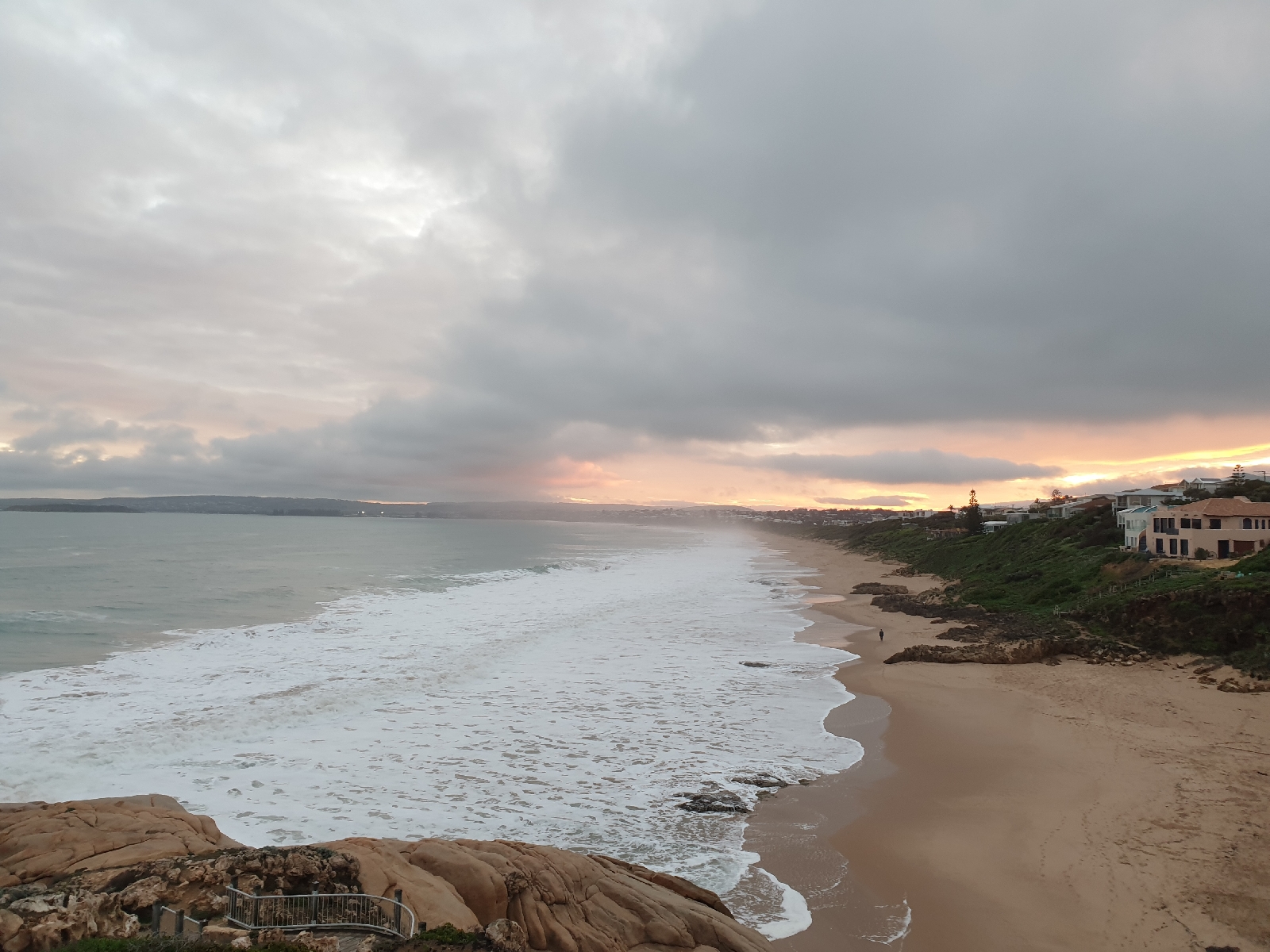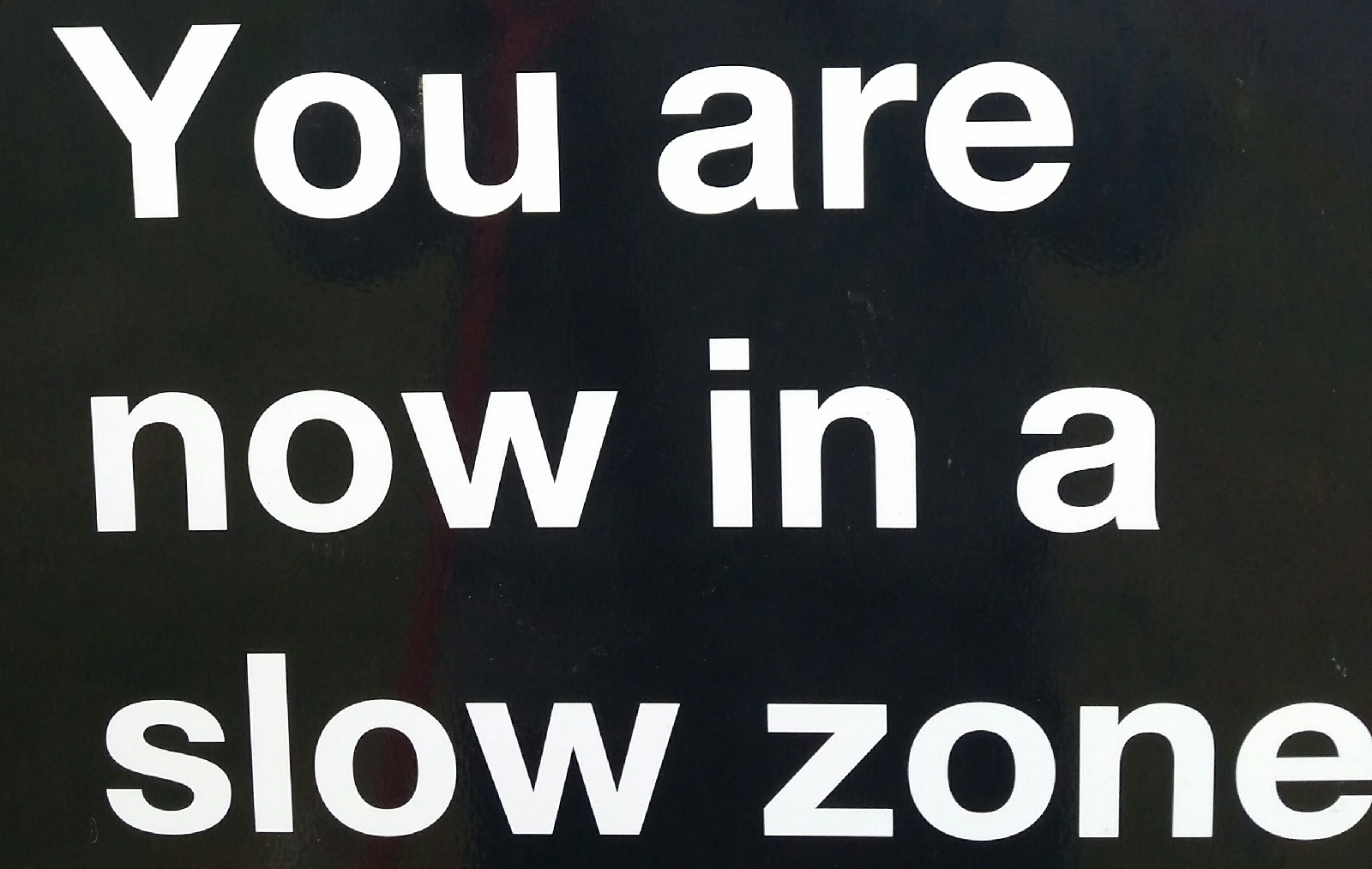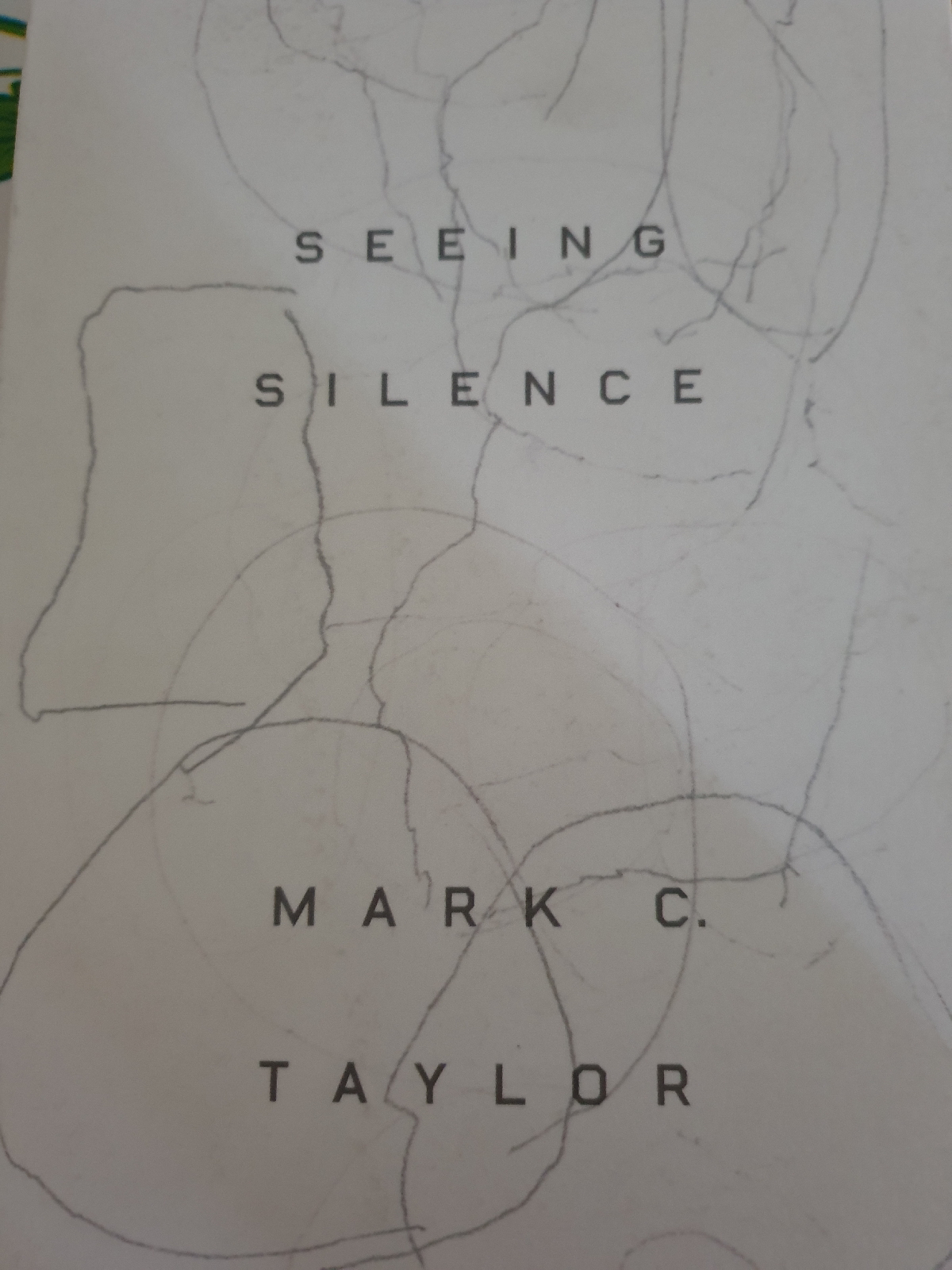photo is from a visit to New York's museum of modern art, images of images, images with images
‘Mirror
mirror on the wall who is the fairest of them all?’
A sermon
for the 20th August 2023, Port Elliot, Goolwa and Victor Harbor
This is the
question put to the magic mirror in the story of Snow White, first written down
in 1812. The mirror belongs to Snow
White’s stepmother who becomes consumed by jealousy, envy, rage and hated when
she learns that she is not the fairest of them all. In the story she tries to
murder her stepdaughter who, the mirror tells her, has surpassed her in
loveliness. The mirror can only tell the truth and therefore exposes Snow White
to danger.
Mirror,
mirror on my wall, do you tell the truth? Perhaps the truth is this. When I look
into a mirror, I see no the miiror image but rather what I am looking for. In
any case the mirror reverses the image. I see myself reversed.
Mirror,
mirror can I see in the story of the Canaanite woman any fairness at all? The
story takes me across the border to Tyre and Sidon. Perhaps that is where the
Christian community that created the Gospel of Matthew was situated? A woman’s
voice loud and insistent is heard. She requests and then reasons with the holy
healer. She compares herself to a dog picking up scraps before Jesus says ‘Great
is your faith’ and the daughter is made whole.
On the face
of it I see reflected here an ugly scene. A shrieking desperate mother is met
by a response that seems rude, racist, and reactive. Jesus offers a superficial
religious brush off. It all seems humiliating. Only the right people are
entitled to healing, I am told in this story, and you, yes you: Canaanite woman
just do not qualify. No religious medical insurance, no healing of the
tormented child. Yet Jesus meets someone determined to succeed. The woman is
faithful to the daughter she loves. ‘Yes bitches like me when desperate eat
the crumbs from the floor’. We may be
unclean and have no rights but we won’t go away’
I want to
hold up a mirror to this story and see if it can be read another way with the
kind of astonishment that Jesus seems to show in this strange story. ‘Mirror
mirror on the wall who is the fairest of them all’
Time and
time again in the Gospels Jesus offers welcome to the stranger, heals gentiles,
supports women and values their friendship.
He seems to be all about fairness, generosity, and inclusion and against
religious arguments that enable the pure to pass by on the other side.
When Jesus meets
the woman by the well In John’s Gospel, they dialogue together. Jesus on foreign ground shows respect and
treats this woman with dignity. Jesus shares tables with tax collectors and sex
workers and breaks sabbath rules to heal those experiencing disease.
Jesus is
portrayed as the one with the gift of discernment able through long years of
contemplation to see to the truth in any situation and kindle in that situation
the flame of healing and harmony. This discordant story is on a plain reading
totally unthinkable.
In this
story I believe that I see a reversal of accepted norms. The un named woman comes
to represent Jesus who was humiliated and shamed and crucified as unclean on a
hill with the town dogs and vultures ready for a feast. As St Charles Foucauld
wrote, ‘Jesus took the last place so no one would take it from him’ As
Charles Wesley wrote ‘Christ emptied himself of all but love’ Jesus
knelt at the last supper like a servant to wash feet. Jesus is the one who,
totally comfortable in his own skin, totally one with the sacred One has
nothing to prove except the imperative to love and to extend compassion.
In the
preceding passage of Matthew’s Gospel Jesus declares all food clean. He says
that it from within that the unclean emerges, jealousy envy, rage and hated
which brings death. The passage about being unclean may be taken as a parable
of true pureness of heart and true desire.
Some you see
turn to the light and embrace the journey into beauty, truth and goodness and
others turn away. Some are drawn to
harmony, some to discord.
Snow White cannot
help being beautiful, her image is the fruit of the prayer of her mother, but her
stepmother needs to be the most beautiful.
She must possess beauty and must be at the centre of the world. Nothing
can get in the way even her step daughter the flesh and blood of her spouse. The
mirror cannot help tell the truth and eventually the one of evil intent will,
in her quest to destroy the innocent Snow White will destroy herself. One
character represents the harmony of truth, beauty and goodness, the other
desires to possess beauty and truth without goodness.
In the
Gospel Jesus mirrors back to the disciples what they may be thinking and the
judging condemnatory thoughts in their hearts. He mirrors back to us aspects of
ourselves in a form that calls forth our reflection, repentance and renewal in
faith.
Mirror,
mirror on the wall who is the fairest of them all? Here in this story the woman bears witness to
the vision of the prophets that in all people, and in all creation the Divine
draws all people towards what we might call the Word, that is the Logos, Christ
which is the Light of the universal reason that draws us to our knees and then
raises us to sit at the table, no longer enslaved to beliefs that no longer
serve us.
Our Gospel
holds up a mirror which reflects to me all kinds of deeply disturbing truths
about myself. I am not as fair as I think I am. Too often my judgement is
clouded and I react without responding with compassion. I sometimes offer superficial religious
answers to the question no one is asking. Jesus mirrors back to me my true self
and calls out my inner jealous envious stepmother self. Truth calls me out and
I too need to ask for mercy and question my presumption of rightness.
At the close
of the day as I look in the mirror I want to remember these words.
‘Now we see in a mirror dimly, but then
face to face, now I know in part; then I shall know fully” 1 Corinthians
13:12
Mirror
mirror on the wall, In Christ can I see in my thoughts, words and actions today
beauty, truth and goodness. Can I hear the words: My daughter, my son, great is
your faith?
Will I once
again seek the guidance from the Light within? Will my soul begin to shine with
the joyful radiance of a love that in its singlemindedness is great.







